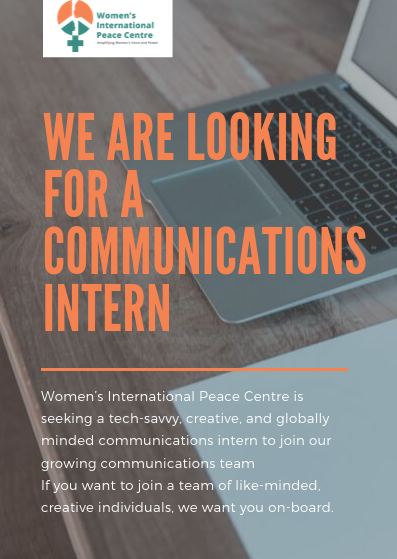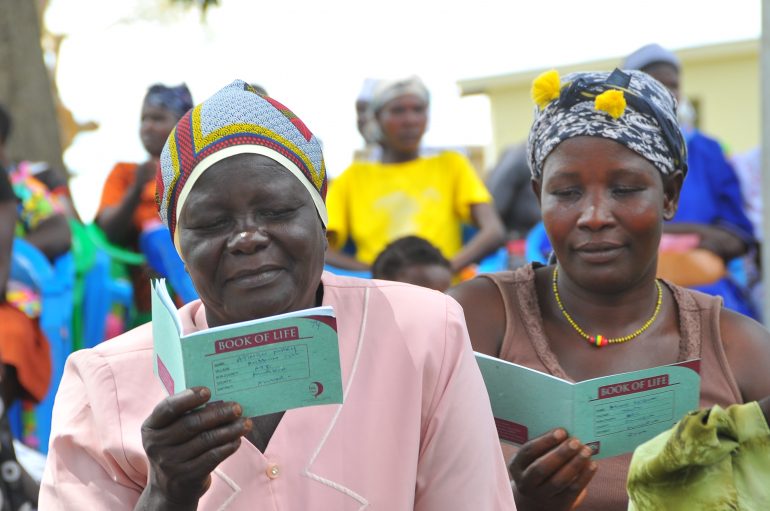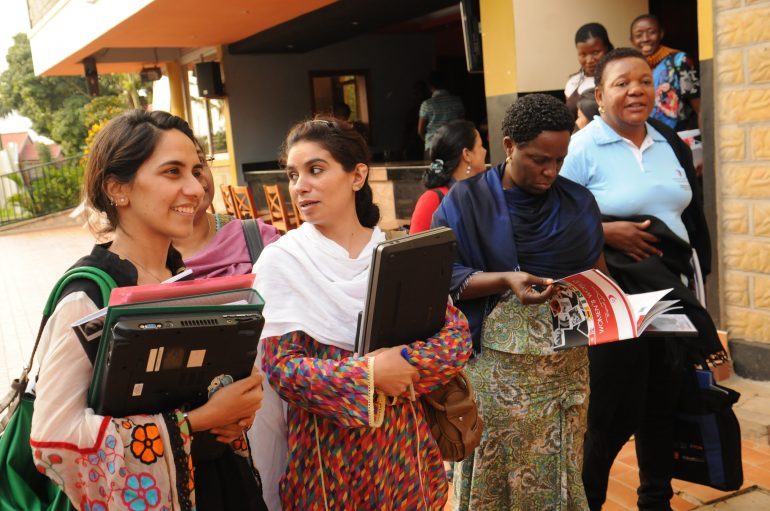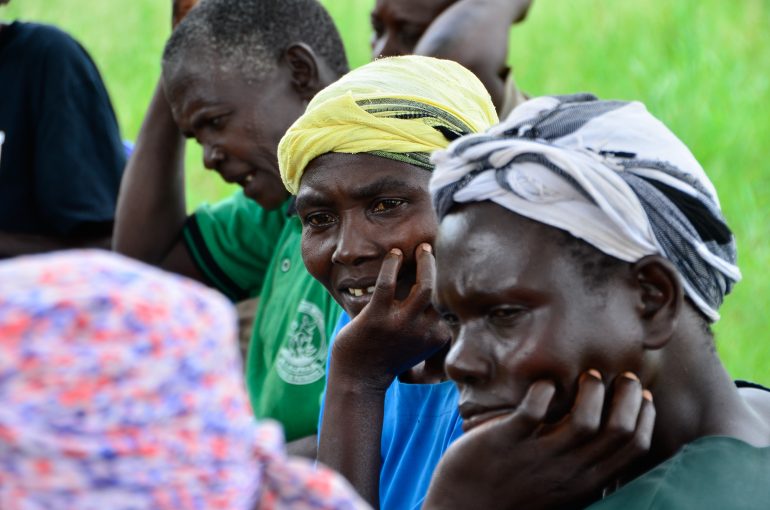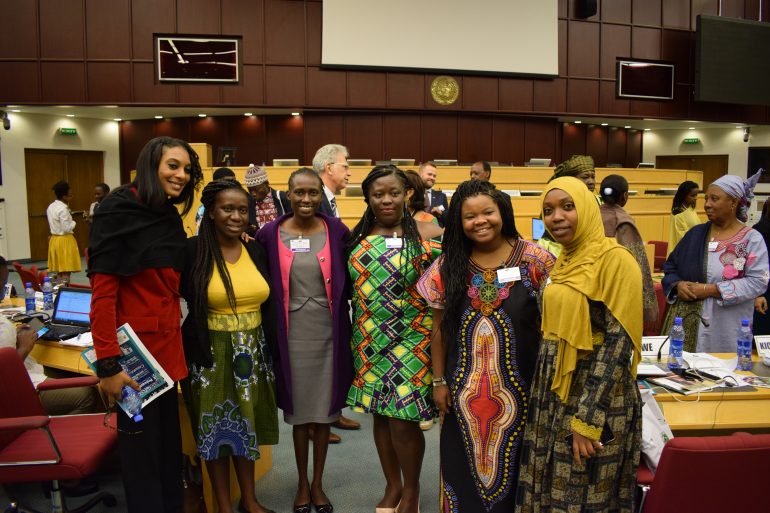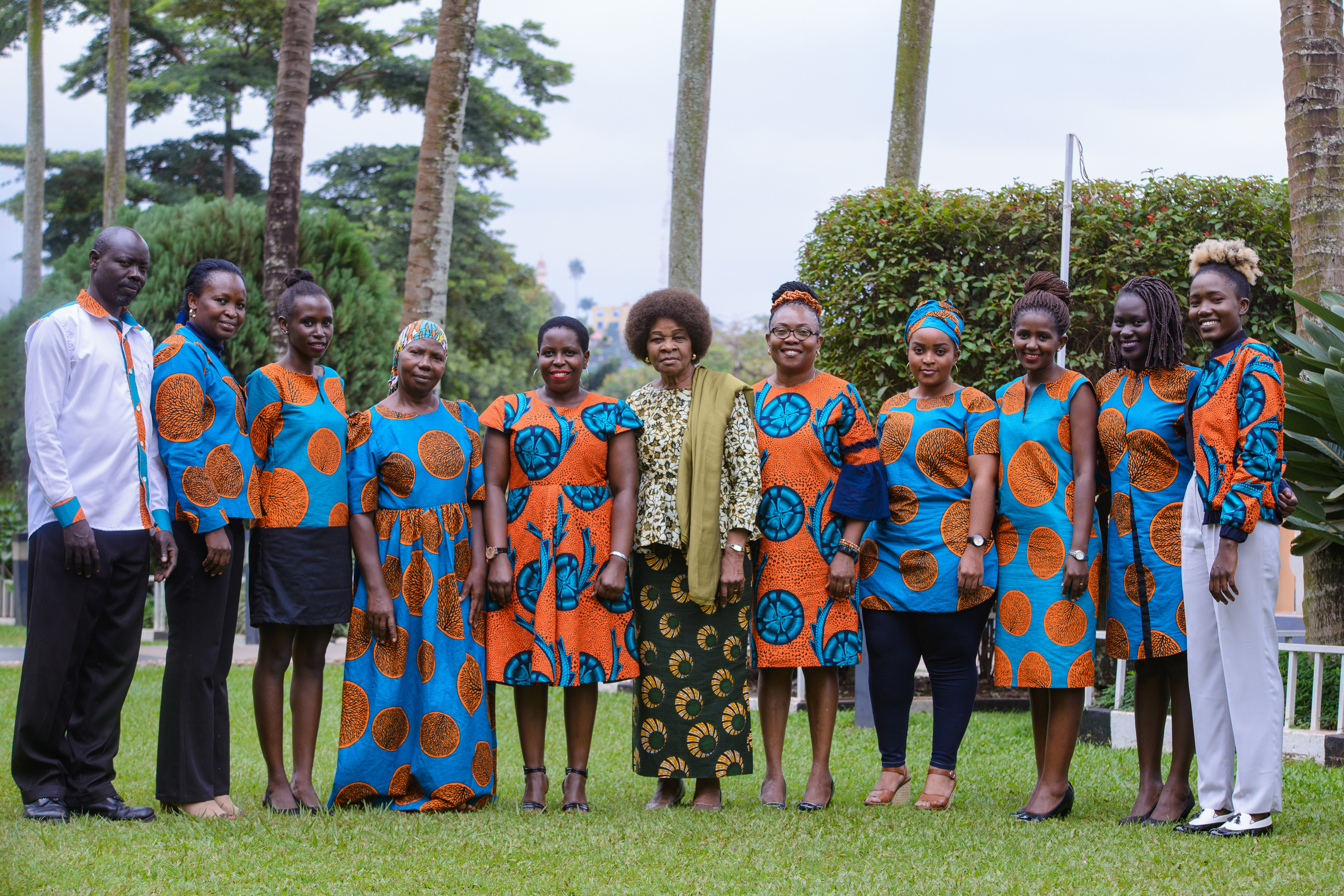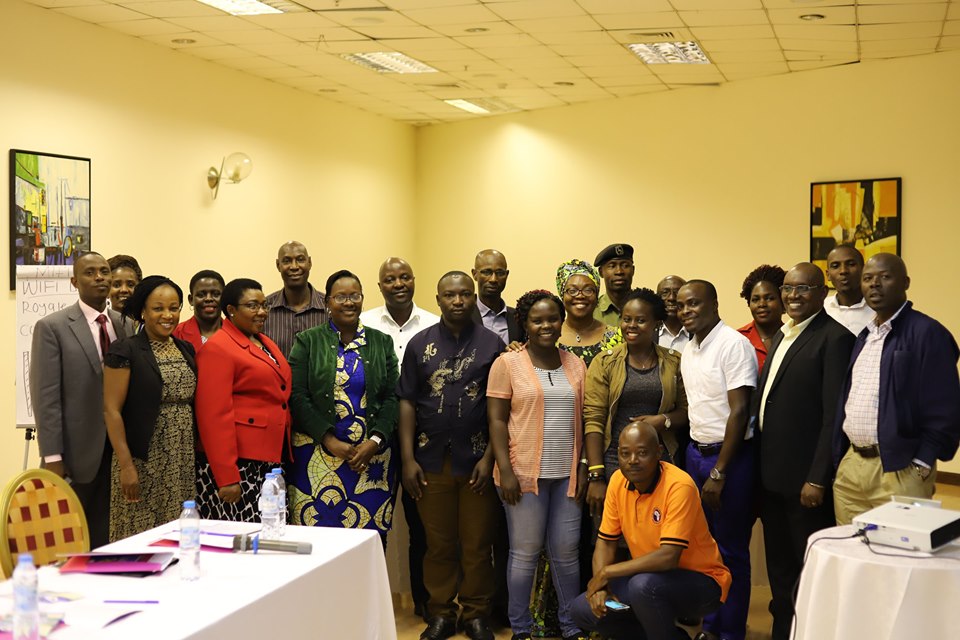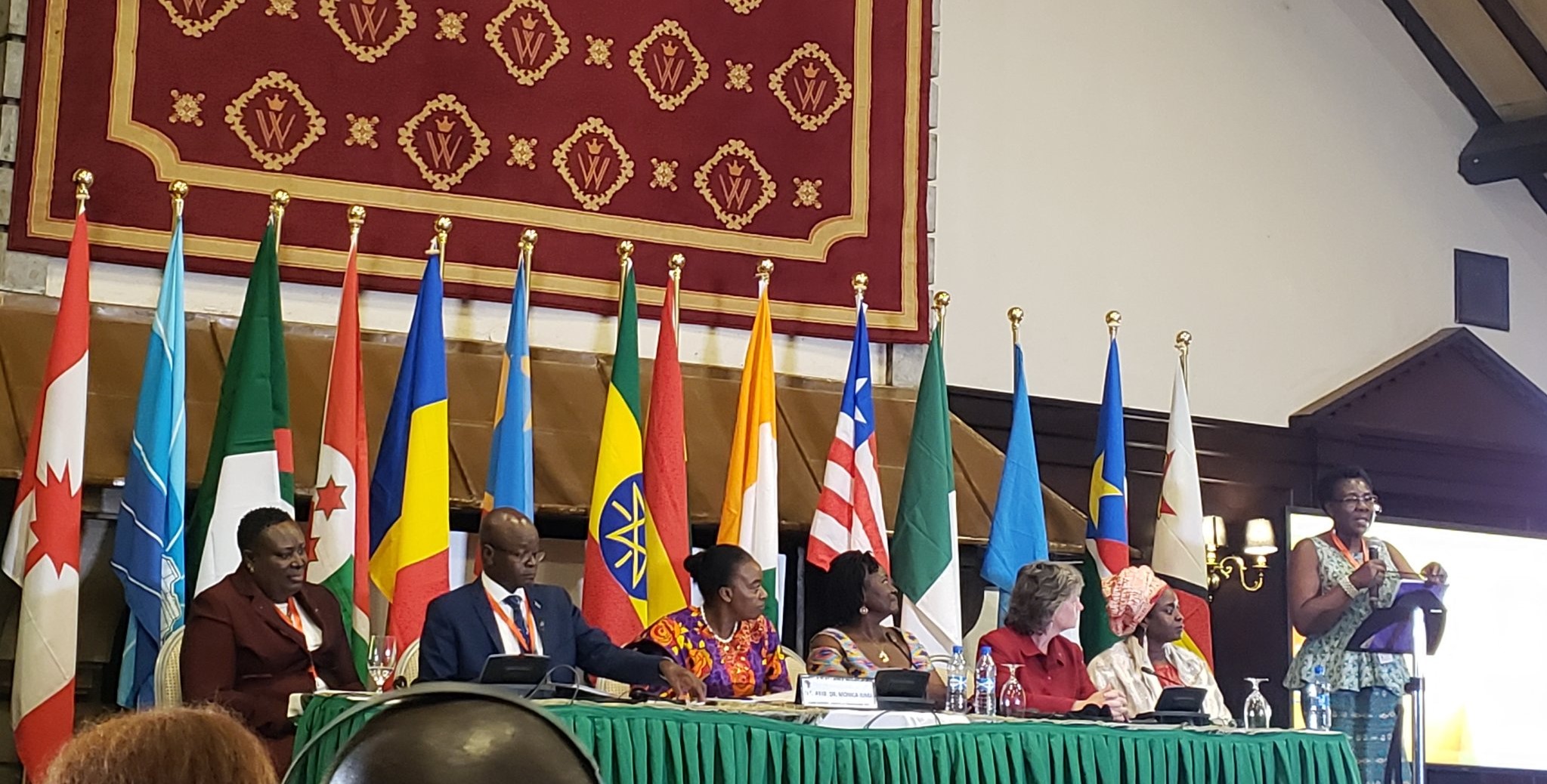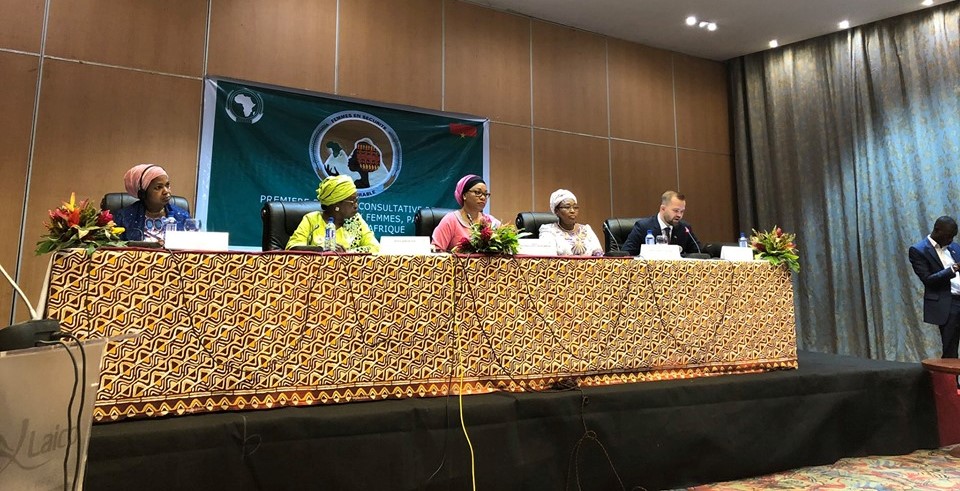The University of Wisconsin – Madison in partnership with African researchers, Isis Women’s International Cross Cultural Exchange (Isis-WICCE) and Chr. Michelsen Institute (CMI) are conducting a research project that looks at the cost of women’s exclusion and the possibilities for their inclusion in peace processes, peacebuilding, and politics in countries affected by war in Africa. The research project also examines the struggle for women’s rights, legal reform and political representation as one important arena for stemming the tide of extremism related to violence in Africa. Lessons from these experiences have policy implications for ongoing conflicts elsewhere in Africa and the Middle East. The research consortium is based at three research centers in the United States of America (US), Norway and Uganda, including nine experienced researchers. The research is being carried out in Somalia, Algeria, Northern Nigeria, South Sudan and Sudan. The three themes of the research include:
- Inclusion and Exclusion in Post-Conflict Governance (Somalia and Algeria),
- Women Activists’ Informal Peacebuilding Strategies (South Sudan and Northern Nigeria)
- Women’s Legal Rights as a Site of Contestation in North Africa (Sudan and Algeria).
Conflict in Africa has changed in nature and has become more intractable as the causes and solutions are more complex. Today, conflicts manifest further through activities of terrorist groups and election violence. The rise, for example, of Boko Haram in Nigeria, Al Shabaab in Somalia, Ansar Dine in Mali, Al-Qaeda in the Islamic Maghreb (AQUIM) in Algeria and Mali, Movement for Monotheism and Jihad in West Africa in Mali (MUJAO), and other Islamic groups influenced by Salafism and other conservative ideologies, is posing new challenges to these societies. Women often find themselves at the front lines of war, not only as victims but also as prime opponents of some of the more extremist trends in affected countries.
The research is being conducted in five countries in Africa that have experienced or are currently experiencing conflict, to examine the role women have played in peacebuilding at the formal and informal levels and also look at the gains of inclusion and costs of their exclusion. The findings will be composed into case studies and overall comparative findings and a book along with other publications and policy briefs. The project will also hold international conferences and a meeting between women activists and stakeholders in participating countries.
The conference convened a consortium of researchers and women activists working on peace building initiatives in Africa; it also involved those who informed the research. The team of women activists and peace builders joined together in sisterhood to learn from each other what has worked in promoting peace and what gaps remain. Uganda was selected to host the conference because of the country’s long experience in conflict and currently hosting over a million refugees from South Sudan, Democratic Republic of Congo (DRC), Burundi and Rwanda. Despite the silence of guns, Uganda itself is not yet at peace. The conference centered on the following objectives; Facilitate dialogue and learning around women’s participation and role in Peace building. Provide a platform for cross cultural exchange and learning amongst women peace builders in Africa.
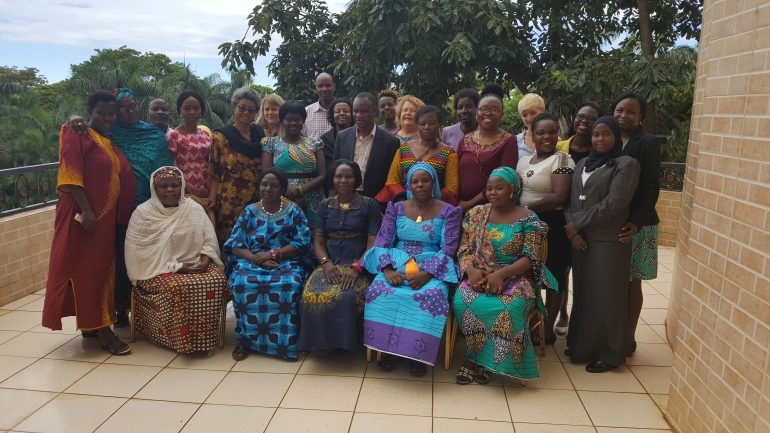
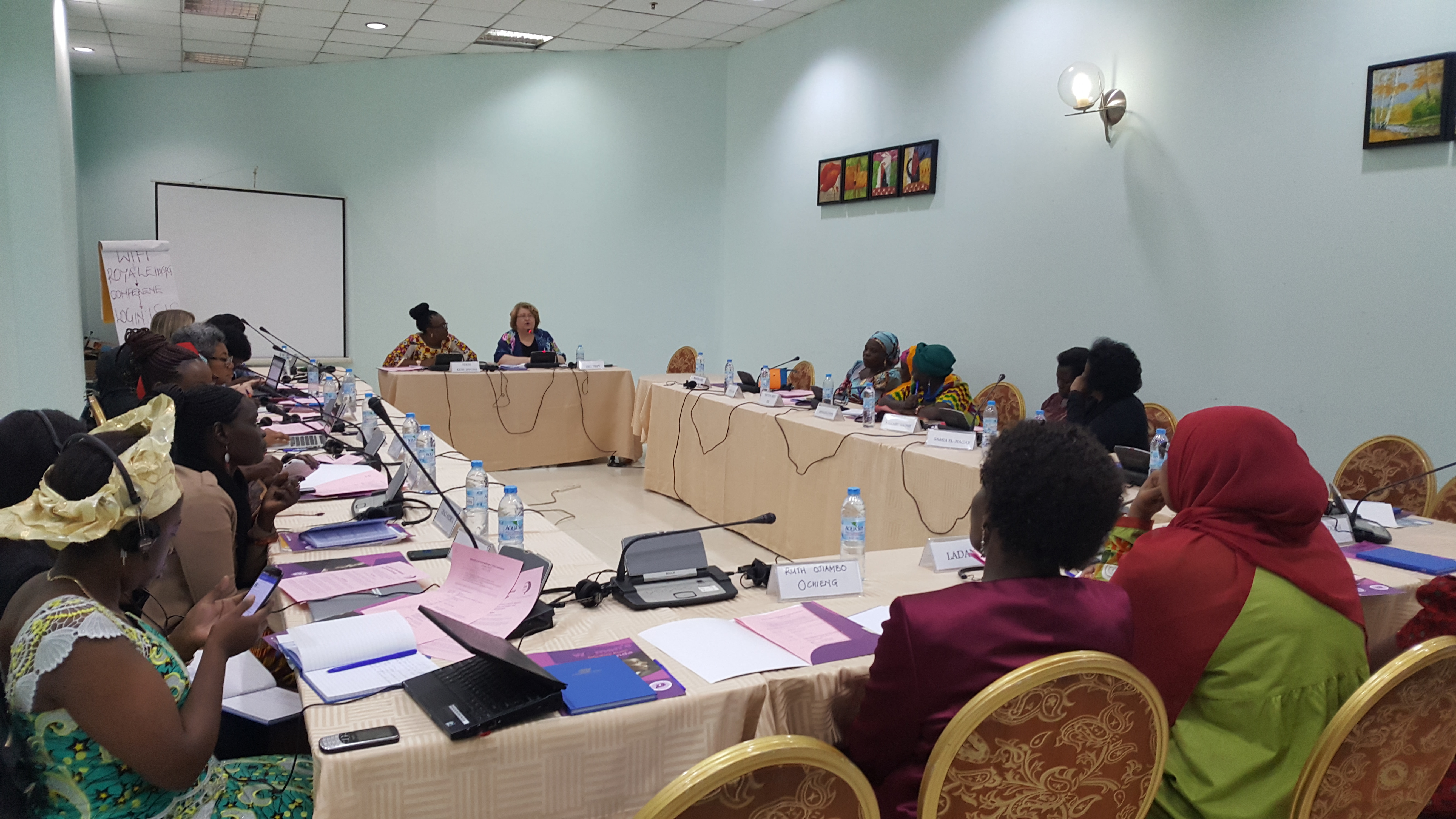 " alt="">
" alt="">
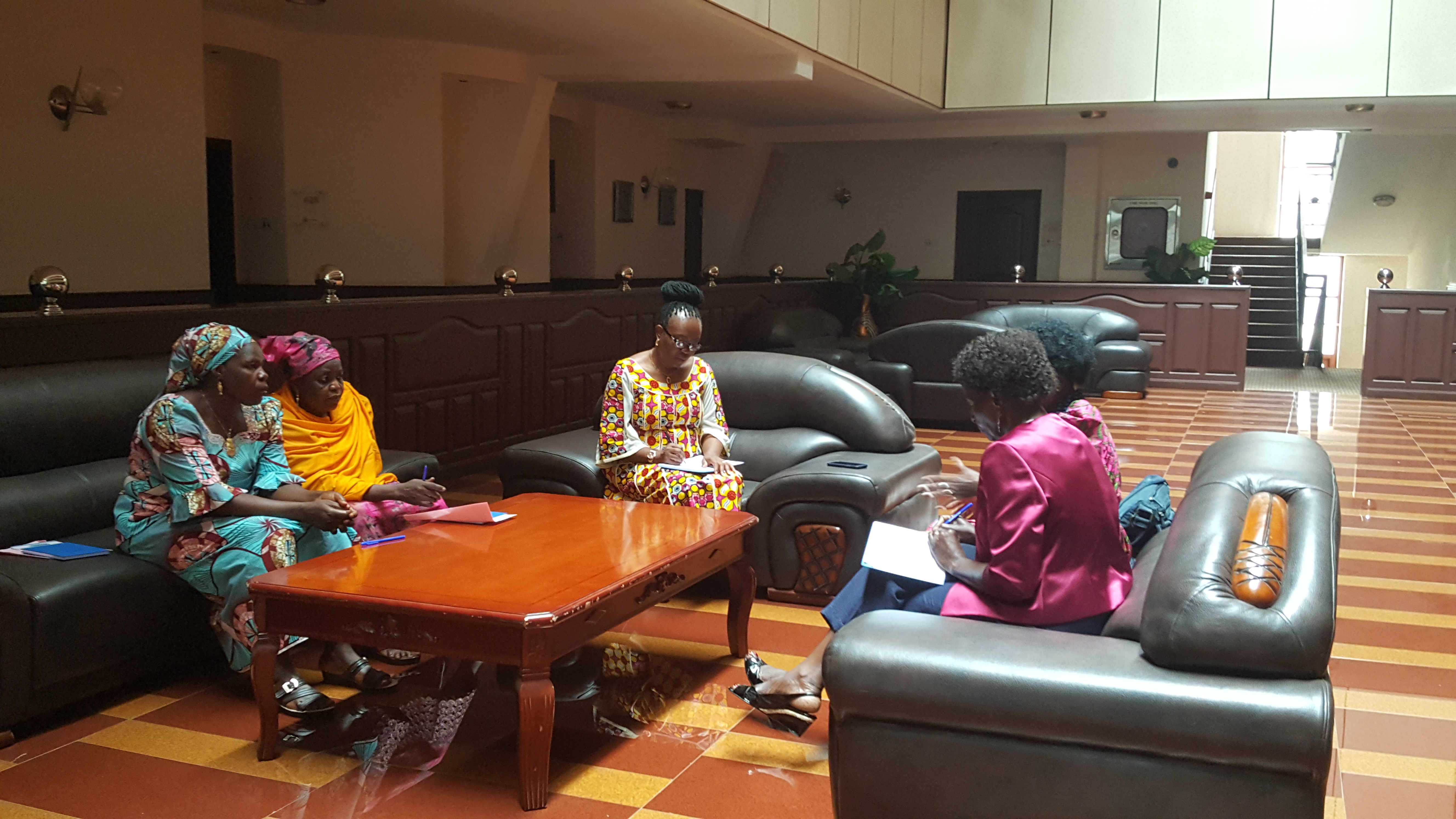 " alt="">
" alt="">
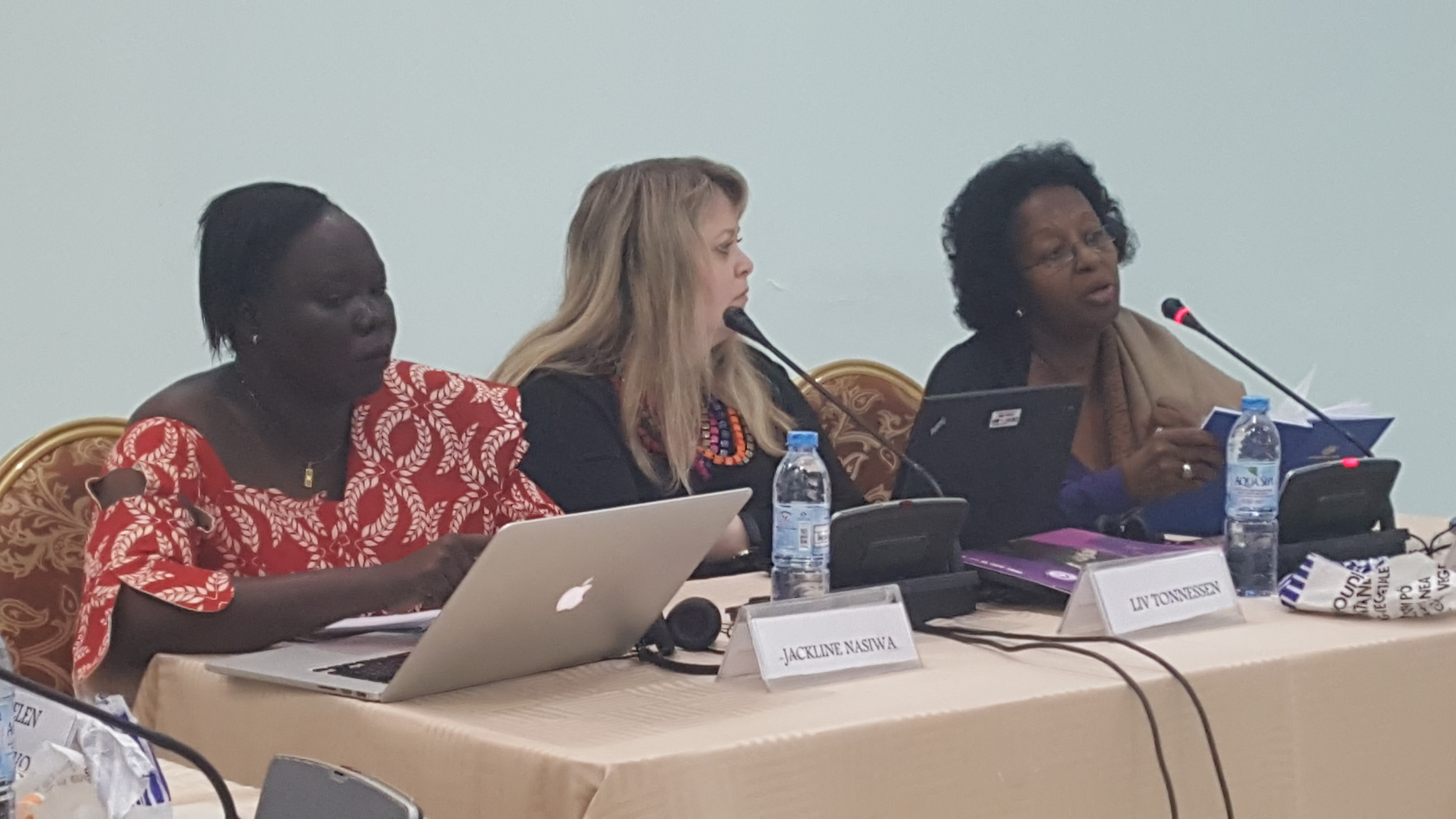 " alt="">
" alt="">
